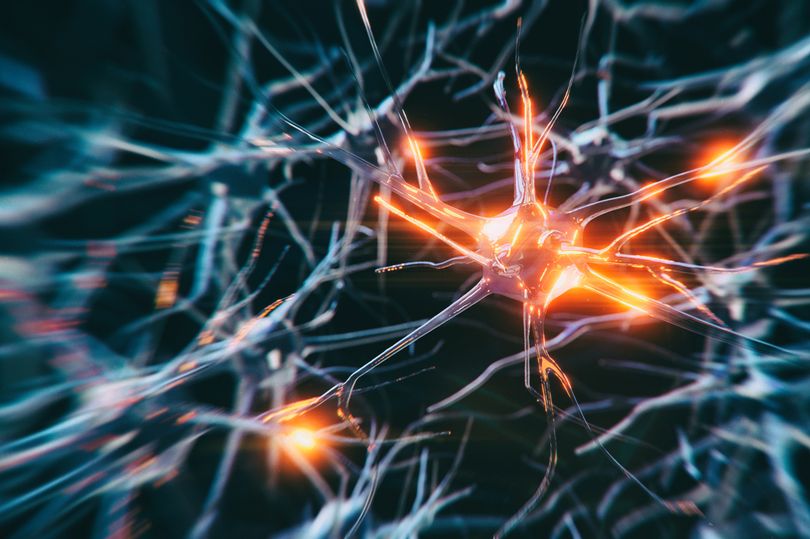Motor neurone disease isn’t common but when it strikes it can be a tragedy and more than 1,500 people a year have to cope with that when they get the diagnosis.
Motor neurone disease (MND) is a degenerative disease where inexorable nerve damage causes progressive paralysis and difficulty swallowing. There’s no known cure and more than half of patients die within two years of diagnosis.
Now there’s a glimmer of hope. Researchers at the University of Edinburgh have come up with a way to repair damaged nerve cells by repurposing drugs used to treat other diseases.
This research is very early and a long way from being ready for patients, but in my opinion, it’s a great lead for future treatments.
The research found that the damage to nerve cells caused by MND could be repaired by improving the energy levels in mitochondria – powerhouses of motor neuron cells.
In human stem cell models of MND, researchers found the axon – the long part of the motor neuron cell that connects to muscles and makes them work – was shorter than in healthy cells. And the movement of the mitochondria, which travel up and down the axons, was impaired.
In a great step forward, the scientists discovered this was caused by a defective energy supply to the mitochondria, and by boosting energy the axon could revert back to normal.
Dr Arpan Mehta, who led the study at Euan MacDonald Centre for MND research at the University of Edinburgh said: “The importance of the axon in motor nerve cells cannot be overstated.
“Our data provides hope that by restoring the cell’s energy source we can protect the axons and their connections to muscles from degeneration.
“Work is already under way to identify existing licensed drugs that can boost the mitochondria and repair the motor neurons. This will then pave the way to test them in clinical trials.
“Once researchers have identified a drug they believe could have the desired effect, this treatment could then be fast-tracked for human trials using the pioneering MND-SMART clinical trial platform – into which MND Scotland has invested £1.5million.
“Researchers, clinicians, charities and supporters are all working hard to take us closer to finding a cure and by joining together we’ll get to that day even sooner.”
The researchers used stem cells taken from people with a gene mutation that causes both MND and dementia to grow motor neuron cells in the lab.
The results of the study are now being used to look for existing drugs that boost mitochondrial function and potentially treat MND.

